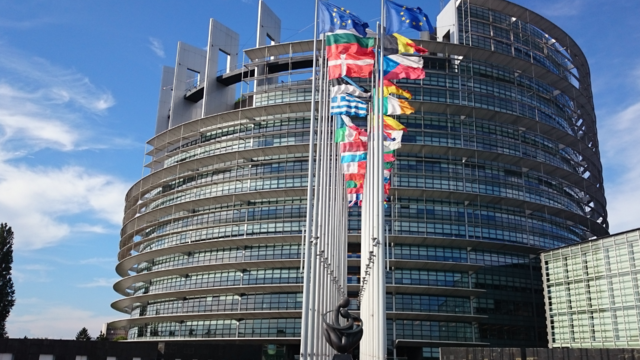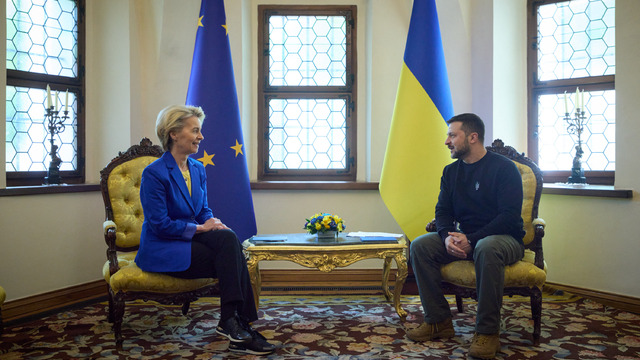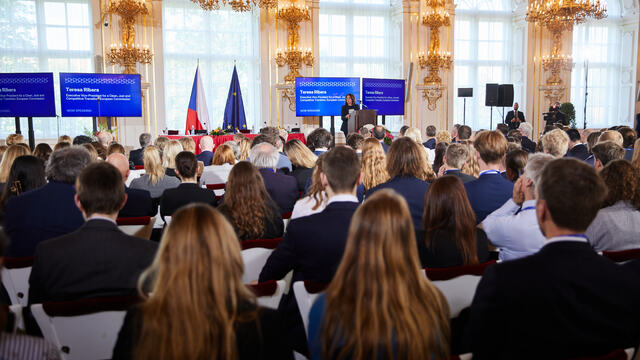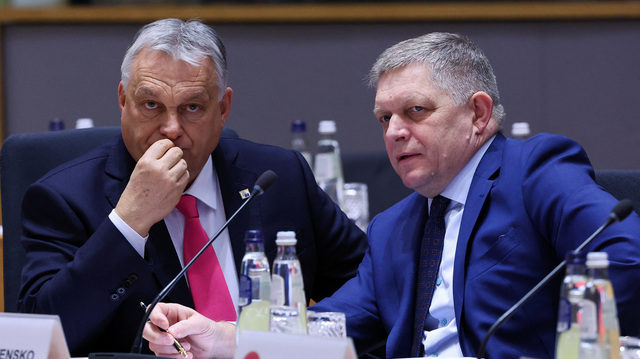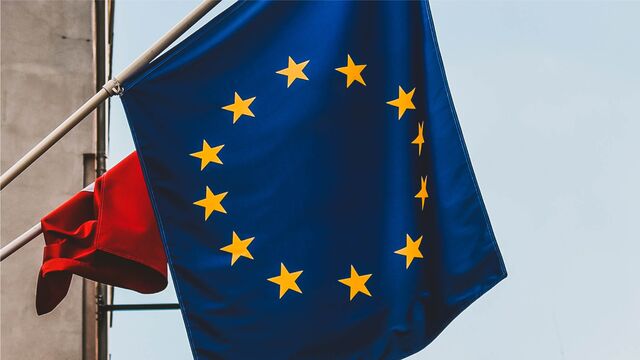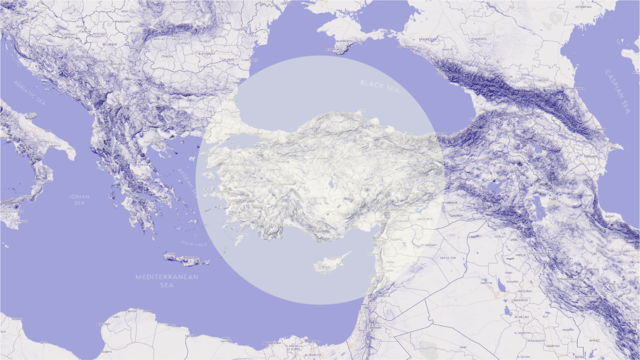Supporting Liberal-Minded Local Activism in Far-Right National Contexts
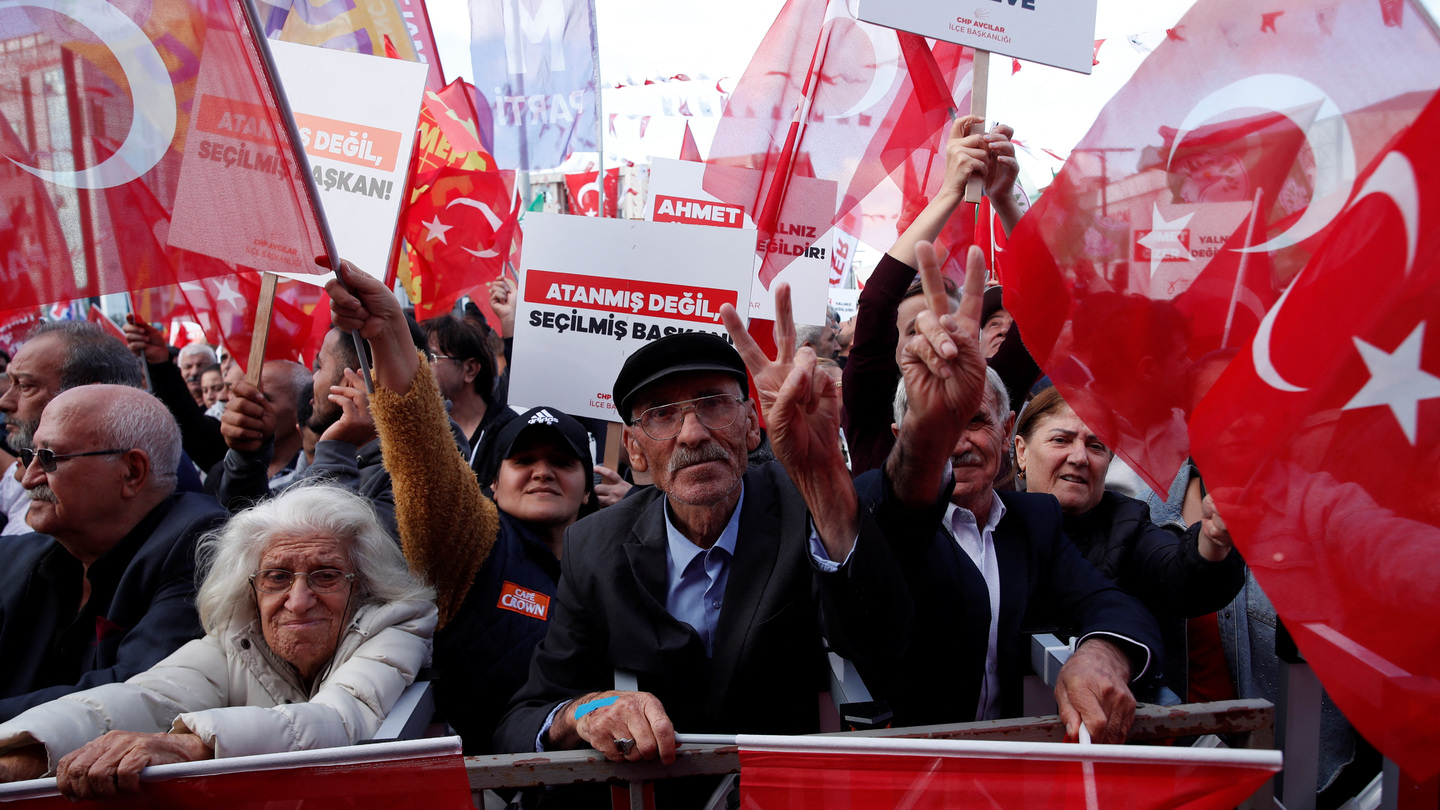
In our yearly publication Analýzy ÚMV Pelin Ayan Musil draws attention to the resilience of liberal-minded local governments within far-right national contexts like those of Hungary and Türkiye.
Hungary and Türkiye stand as two prominent examples of countries where far-right populist actors have maintained control over the government for more than a decade. As a result, both governments drifted away from liberal values and adopted authoritarian-nationalist practices at the national level. Hungary is an EU member state and Türkiye is an associate and candidate state, but the EU’s relations with both national governments have become increasingly strained over the past decade. This chapter focuses on the often-overlooked strength and resilience of the subnational governments of Budapest and İstanbul led by liberal-minded mayors. These city governments lack both the authority and the financial autonomy to initiate key policies in either context. However, through their urban strategies, they both try to influence migration and climate change agendas, particularly addressing the hardships faced by the migrant-receiving communities and the effects of climate change at the city level. It is timely for the transnational city networks and advisory bodies representing the cities within the EU to be more assertive in influencing the EU legislation in a way that acknowledges the activism of these local governments.
Problem: Analysis
During the late 1990s and early 2000s, the EU used to be a key norm setter for both Hungary and Türkiye, offering material incentives in exchange for political and economic reforms. As a result, both countries underwent significant institutional reforms that led Hungary to join the EU in 2004 and Türkiye to obtain a candidate status for membership negotiations in 2005. Yet a notable similarity between the two countries, lies in their dramatic shift away from EU norms and principles under the leadership of far-right populist governments backed by strong majorities.The two governments have dismantled the checks and balances to such an extent that neither country is today classified as a full democracy and they both represent the most severe cases of democratic backsliding in Europe.The EU has thus far occasionally sanctioned Hungary by using the rule-of-law conditionality mechanism and regularly raised concerns about the situation of human rights and rule of law in Türkiye’s annual country reports.
One issue that is often forgotten in coping with the ‘Hungarian’ and the ‘Turkish challenge’ is the existence of liberal-minded subnational governments in key cities of the two countries and their determination to continue to comply with the EU norms despite the authoritarian restrictions they face. Namely, these are the Budapest and Istanbul city governments that pay attention to enlarging their partnerships with other liberal-minded local and national governments and cooperating with the EU institutions. For example, the Budapest mayor Gergely Karácsony initiated the establishment of the “Pact of Free Cities” among the four mayors of the V4 capital cities not only to address common problems, but also to make a call to the EU to help them safeguard these cities’ direct access to EU funds. The Istanbul mayor, Ekrem İmamoğlu, founded the “Balkan Cities Network” to strengthen partnerships with 55 mayors from 11 Balkan countries. The partnerships launched by these local governments, as well as their involvement in larger transnational city networks (e.g., Eurocities), keep them resilient against the repression they face from the far-right national governments. After all, the Hungarian government threatens the financial autonomy of the Budapest municipal government by cutting the local industry taxes paid by local businesses. Meanwhile the Istanbul municipal government is often denied access to public loans for their urban construction projects while hundreds of its officers have been dismissed due to their alleged links with a terrorist organization.
Hence, in addition to condemning the rule-of-law violations or imposing sanctions at the national level, the EU institutions also have the option to keep democratic values alive in each country via acknowledging the activism of these city governments in key policy areas. The EU-funded grants provide significant sources for local governments to pursue their urban projects within Europe. However, if there is a desire to sustain the liberal values on the ground in such countries as Hungary and Türkiye, perhaps the transnational city networks, such as Eurocities, can be more assertive in supporting their local activism in key policy areas. Migration and climate change emerge as two key policy areas where further support is justifiable since both city governments strive to make an impact on the related policies and their alignment with EU norms and human rights.
Challenges for Czechia / Czech Foreign Policy
Despite the significant ideological differences between the governments that came to power in Czechia in the past 10 years, the institutions of liberal democracy have worked in a stable manner there. While a Western-oriented approach synchronizing with the EU norms continues to shape the current vision of Czech foreign policy, the support for Ukraine and the countering of the Russian influence in the EU’s eastern borders have recently turned into a priority issue for the country. For clear reasons of security and economic stability, Czechia prioritizes maintaining dialogues with national governments such as those of Hungary and Türkiye. For sure, it is important to sustain these dialogues in bilateral and multilateral frameworks in the short or mid-term, but it is also in the long-term interest of Czechia to sustain the existing liberal norms in the wider European region as opposed to the spread of far-right, authoritarian practices supported by Russia. This requires not only actively countering the Russian political influence in the eastern borders but also more subtly investing in mechanisms that foster the resilience of existing liberal actors within far-right contexts. The city representatives within Czechia, particularly those of Prague, can play a more assertive role in influencing EU institutions to support the activism of the Budapest and Istanbul municipalities through their membership in transnational city networks as well as the European Committee of the Regions (CoR), the advisory body within the EU representing Europe’s regional and local authorities.
Foresight
Democratic government turnovers and liberal policies that respect pluralism and human rights are still desirable within the EU’s internal and external periphery. Both the Istanbul and the Budapest government show a strong commitment to the EU’s liberal norms while demanding support for the challenges they face with regard to climate change and migration in their cities. For instance the Istanbul mayor has regularly addressed the need for international support for local governments who bear the burden of the refugee crisis, emphasizing that eighteen per cent of the Istanbul population is comprised of Syrian refugees. He has also been critical of the EU-Türkiye migration deal, which led the Turkish national government to keep refugees from travelling further to the EU in exchange for several billion euros and then misuse these funds. The Budapest mayor has been active in receiving and integrating refugees from Ukraine within his city, making visits to Kyiv with the mayors of Bratislava, Warsaw and Prague and meeting with the Deputy Minister of Foreign Affairs of Ukraine. Similarly to the Istanbul mayor, he accuses the national government of creating a divisive rherotic and undermining the well-being of Ukrainian refugees in Budapest.8 Besides this, both the Istanbul and the Budapest mayor are known for their shared ideals of combining climate change policies with social justice. Both have included their cities in transnational city networks aimed to strengthen the core of the European Green Deal (e.g., C40 Cities, the Mayors Alliance for the European Green Deal). All in all, there is a conscious effort by these local actors to be present in global and multilateral platforms, as they try to increase their agency over migration and climate change agendas. This gives the EU institutions the option of recognizing these endeavors. The transnational city networks and the CoR within the EU can take a more assertive role in integrating these local governments’ demands into relevant policy discussions, e.g., by being present at relevant events, building formal and informal coalitions, and talking with the EU stakeholders to make their voices more visible.
→ The liberal-minded city governments in Budapest and Istanbul strive to comply with the EU norms despite the authoritarian restrictions imposed by the far-right national governments of Hungary and Türkiye. Countering such restrictions, these actors are active in dealing with transnational issues such as migration and climate change.
→ The transnational city networks such as Eurocities as well as the CoR, which holds a key advisory role within the EU, can take a more assertive role in shifting the focus of EU legislation in a way that would allow such liberal-minded local governments to tackle the far-right threats they face within their national contexts.
→ Due to the stability of Czechia’s liberal democratic institutions, its city representatives and especially those of Prague are well-positioned to encourage their peers within these networks and the CoR to build coalitions and talk to EU stakeholders and feed the claims of the liberal-minded city governments of Budapest and Istanbul into relevant discussions. They can underline the particular need for city-driven responses to local climate change impacts and refugee flows that align with EU norms and human rights.

